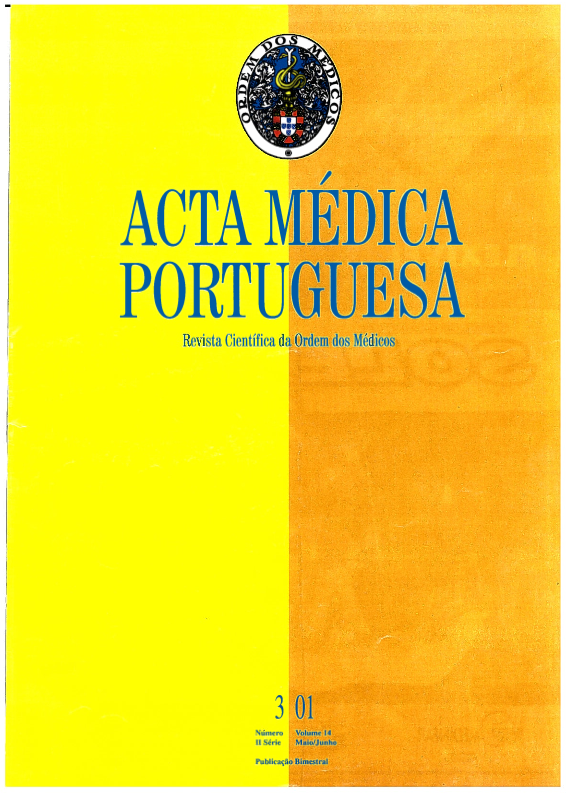Phases of treatment for alcoholic patients.
DOI:
https://doi.org/10.20344/amp.1845Abstract
Alcoholism remains a controversial area, concerning both theoretical definitions and modalities of clinical intervention. In spite of this, and perhaps as a consequence, it stands as a huge public health problem, consuming a large amount of resources (and mental health services resources in particular). Some clinical issues in this area are reviewed, according to the authors' personal experience. Data related to clinical work in an alcohology centre (South Regional Alcohology Centre-CRAS) are presented. Based in a previous model of Sequential Combined Treatment of Heroin Addicted Patients with Naltrexone and Family Therapy, the authors outline some basic principles of a similar intervention designed for alcoholic patients and their families, which includes, when possible, a family integrated with an individual approach, an emphasis on normativity, on firmness and on self help groups. They revise, on the light of these concepts, the chain of medical care to these kind of patients, outpatient and inpatient, and the role of the medical doctor, which must not be confounded with the family system.Downloads
Downloads
How to Cite
Issue
Section
License
All the articles published in the AMP are open access and comply with the requirements of funding agencies or academic institutions. The AMP is governed by the terms of the Creative Commons ‘Attribution – Non-Commercial Use - (CC-BY-NC)’ license, regarding the use by third parties.
It is the author’s responsibility to obtain approval for the reproduction of figures, tables, etc. from other publications.
Upon acceptance of an article for publication, the authors will be asked to complete the ICMJE “Copyright Liability and Copyright Sharing Statement “(http://www.actamedicaportuguesa.com/info/AMP-NormasPublicacao.pdf) and the “Declaration of Potential Conflicts of Interest” (http:// www.icmje.org/conflicts-of-interest). An e-mail will be sent to the corresponding author to acknowledge receipt of the manuscript.
After publication, the authors are authorised to make their articles available in repositories of their institutions of origin, as long as they always mention where they were published and according to the Creative Commons license.









